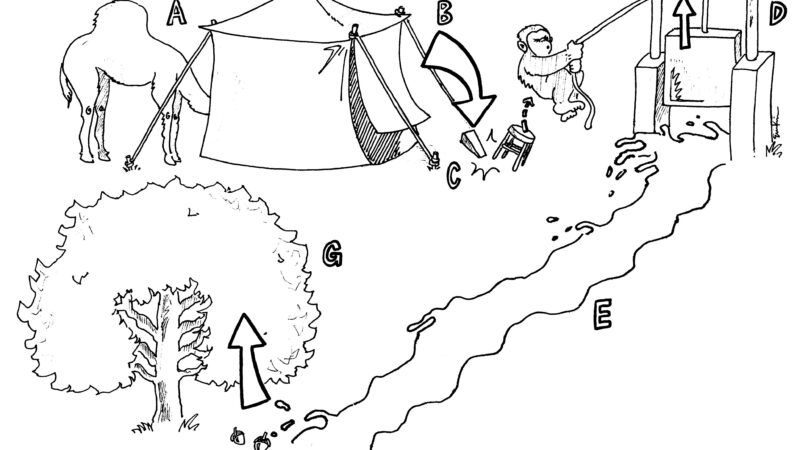Slippery Slope June: Legal-Cost-Lowering Slippery Slopes

[This month, I'm serializing my 2003 Harvard Law Review article, The Mechanisms of the Slippery Slope; in last week's posts, I laid out some examples, definitions, and general observations, and turned to a specific kind of slippery slope mechanism—cost-lowering slippery slopes. This week, I'll elaborate on that, and shift to some other mechanisms.]
Let us briefly revisit the argument that gun registration may increase the chances of gun confiscation. Today, gun confiscation would be hard to enforce, partly because of the Fourth Amendment. Searching all homes for some or all kinds of guns would be unconstitutional, a classic impermissible general search. This, in a sense, is a cost of confiscation—not a financial cost, but a legal cost that keeps confiscation from being performed efficiently.
{The legislature might still enact a gun ban, hoping that nearly all owners will voluntarily comply, planning to rely on informers, or recognizing that the ban would only be enforced gradually, as the gun owners somehow reveal themselves—for instance, by using a gun, either defensively or offensively. But such a legislative decision will be made less likely by the difficulty of enforcement, the public distaste for reliance on informers, and the possible public hostility to punishing even illegal gun owners when their gun ownership is revealed as a result of a legitimate defensive use.}
If, however, guns are first successfully registered, and are later banned, a house-to-house search of the homes of registered owners who haven't turned in their guns may well become constitutional. Your registration as the owner of a weapon may be seen as probable cause to believe that you have it; and one place you're likely to be keeping it is your home. This isn't a certainty—maybe the gun was stolen or lost, and you didn't report this to the police, or maybe you're keeping the gun in some other location—but a magistrate may find that it suffices for probable cause and issue a search warrant that would let the police search your home for the gun.
So gun registration (legislative decision A) would likely lead to some degree of public compliance with the registration requirement. This compliance has the legally significant effect of creating probable cause to search all registrants' homes, once guns are banned. This legally significant effect makes it easier to enforce the gun ban—thus making it more likely that such a ban will be enacted (legislative decision B).
Again, this scenario doesn't require us to assume that registration will be seen as morally indistinguishable from confiscation, that registration will set a precedent, or that registration will desensitize voters to confiscation. Decision A can make B more likely even if it doesn't change a single voter's, legislator's, or judge's mind about the moral propriety of gun prohibition or confiscation. Rather, the legally significant effect of registration can change the practical cost-benefit calculus surrounding prohibition, thus making prohibition more likely (though of course not certain).
{Of course, decision B might not be made even if A makes it easier; in some places, voters would oppose handgun bans even if they could be cheaply and legally enforced. But in other places, handgun bans may be popular—handguns had already largely banned in Washington, D.C. and Chicago, for instance, and there's strong support for handgun bans in parts of the Northeast—and if gun registration makes confiscation cheaper, it may also make confiscation more likely.}
